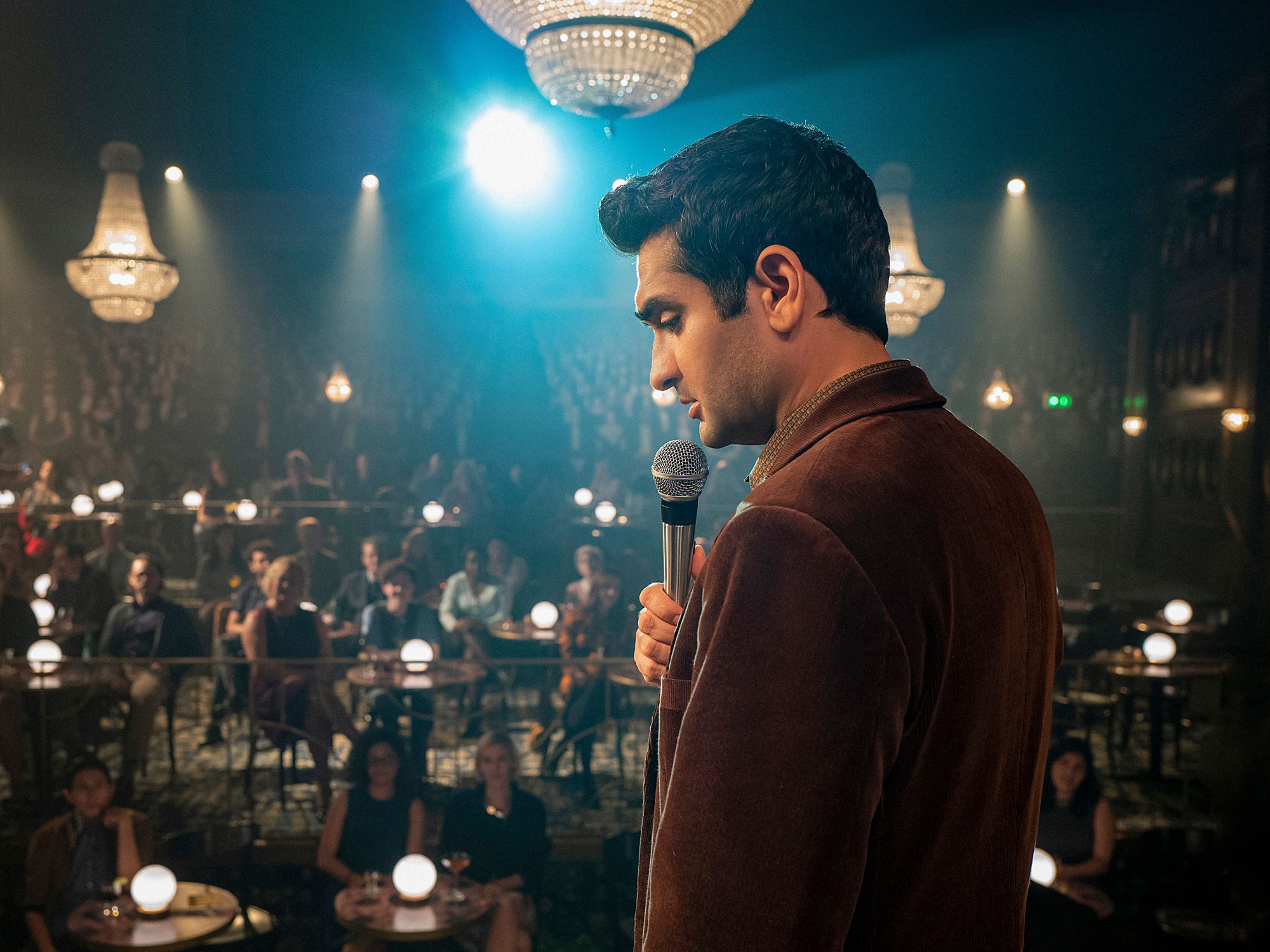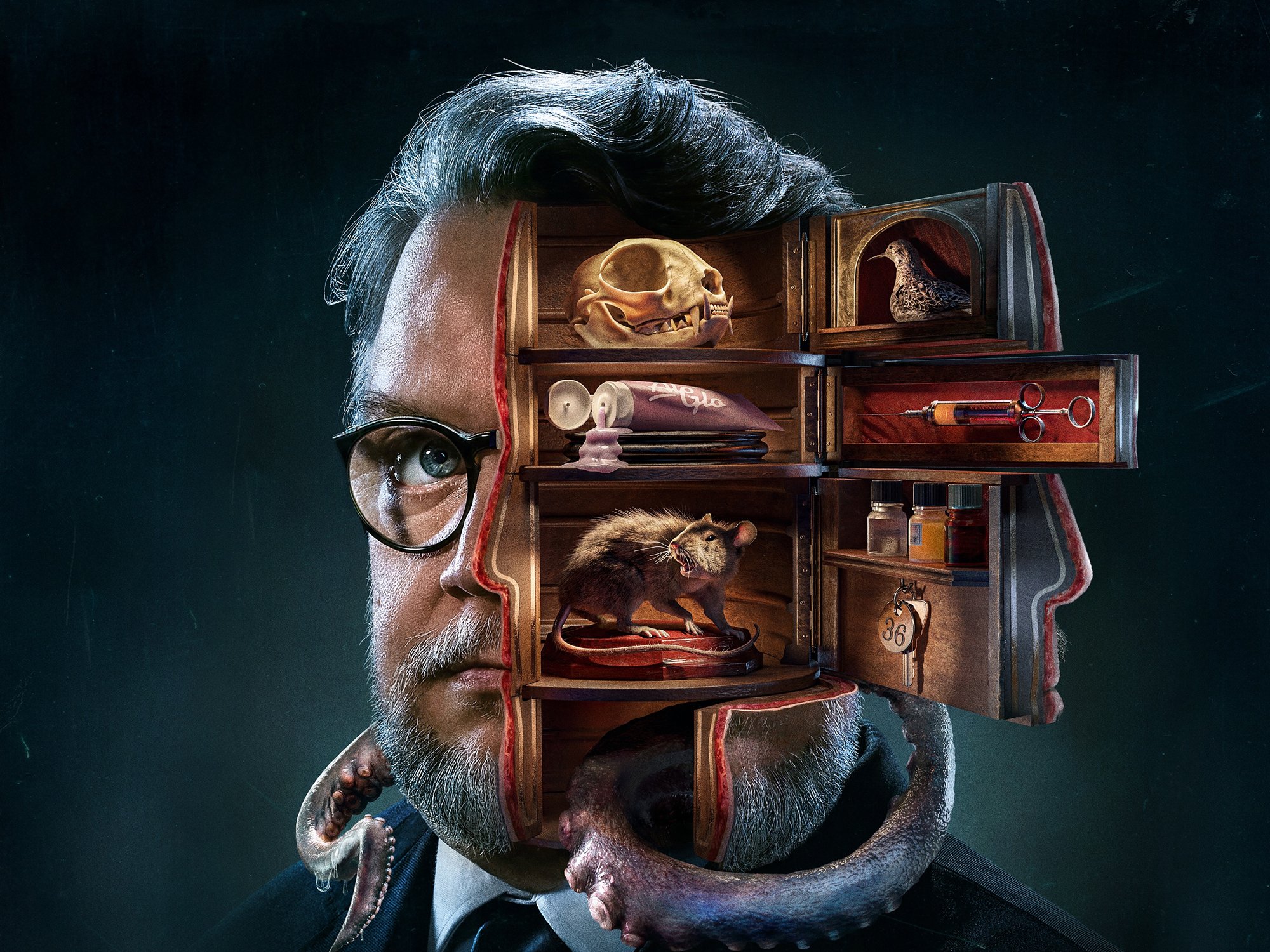TV Review: The Twilight Zone
The Twilight Zone is Stuck in Its Own Shadow
Not vintage enough to be a throwback and not bold enough to be cutting-edge peak TV, CBS’s The Twilight Zone wades in sleepy ambivalence. Producer and narrator Jordan Peele, fresh off his horror hit Us, takes Rod Serling’s place and leads a star-studded cast in the reboot, but the show’s languid narratives and glib messaging get in its own way. This review encompasses the first two episodes of the new anthology, which are now streaming on CBS All Access. Minor spoilers ahead…
The last man on Earth undone by a pair of broken glasses, a lesson in hubris disguised as a ghostly game of billiards, a fateful reconstructive surgery with a horrifying reveal - the original 1959 The Twilight Zone is a master class of Kafkaesque storytelling and ahead-of-its-time social commentary, an anthology of modern-day fables renowned for their Shyamalan-before-Shyamalan twists and genre narratives. As writer and creator Rod Serling puts it in his now-iconic opening voiceover: “It is the middle ground between light and shadow, between science and superstition, and it lies between the pit of man’s fears and the summit of his knowledge. It is an area which we call...The Twilight Zone.” CBS’s new reboot sees Serling replaced by writer and producer Jordan Peele of Get Out and Us fame; a far cry from his sketch comedy days, Peele’s steely baritone and measured cadence that accompanies his ominous interludes are a perfect fit for the new Zone - but unfortunately, the stories his narrations bookend don’t live up to the punchy greatness of the classic series.
Much of the first spate of episodes suffer from the same issue: they’re just not that interesting or fun. Netflix’s Black Mirror has proven that the modern era can inspire a whole slew of gripping stories revolving around the social and technological zeitgeist; the new Twilight Zone, however, is unable to find the words or the means to convey anything captivating. The first two episodes work more as thought experiments rather than cohesive stories: predictable exercises complete with clichés and seen-it-before character beats.
Bafflingly enough, the season-opener, “The Comedian” starring Kumail Nanjiani (Silicon Valley, The Big Sick), fares the worst out of the new anthology’s opening salvo. Coming in at a mind-boggling 55 minutes, it’s about half an hour too long, and while Nanjiani is a great comedic and dramatic actor, the gravitas for our protagonist just isn’t there. Centering around struggling funnyman Samir Wassan, “The Comedian” is a classic interpretation of a Faustian bargain. After continually bombing onstage with an excruciating joke about the Second Amendment (a painfully stilted joke that is repeated multiple times in the padded episode), Samir runs into mysterious comedy-legend-in-hiding, J.C. Wheeler (an oddly miscast Tracy Morgan). Waxing poetic about comedy and success with Wheeler, Samir begins to find a fame-bound footing with his subsequent sets after applying the advice to perform with more personal material. However, as he basks in riotous laughter and standing ovations, Samir is shocked to find that the subjects of his more personal jokes are summarily erased from existence. It’s an interesting conceit and an apt metaphor for fame, especially in the comedy world, but by the time Samir realizes his horrific predicament, we’re already knee-deep in the episode and half asleep. It also doesn’t help that “The Comedian” hits some fairly predictable turns, culminating in a self-flagellating non-twist anyone who has ever seen a Twilight Zone or Black Mirror episode could see coming a mile away.
“The first four episodes work more as thought experiments rather than cohesive stories…complete with clichés and seen-it-before character beats.”
Our next episode, “Nightmare at 30,000 Feet,” fares slightly better, but still leaves a lot to be desired. The third time this particular story has graced the screen - once by William Shatner in the original series and once by John Lithgow in the ill-fated 1989 movie - “Nightmare” is one of The Twilight Zone’s most iconic tales. This new version of the classic episode stars Adam Scott as our beleaguered passenger, Justin Sanderson. Instead of a freaky-looking gremlin on the wing of the plane, however, Sanderson is beset by a strangely prescient podcast, seemingly narrating his doomed flight. The hook is fun for a few thrills, and “Nightmare” is for sure tighter and peppier than its predecessor, but it all just feels so...slight. The beats are pretty much the same as its earlier (and much superior) incarnations, with Sanderson frantically playing Cassandra to the flight crew’s immediate disbelief, but the podcast angle, while amusing, doesn’t really add anything of substance. It’s hard to view “Nightmare at 30,000 Feet” as anything deeper than a pandering grasp at nostalgia, even if Adam Scott is great at maneuvering the episode’s whims. And just like “The Comedian,” our second episode also whiffs its ending, concluding with an off-putting coda that tries a little too hard with its dramatic irony.
2019’s The Twilight Zone grasps at relevancy and poignancy, but often misses its mark. While the original 1959 show was a cultural force engrained within the societal fabric - an essential commentary bridging two decades - this new reboot just seems superfluous. With so many fascinating options out there in the overpopulated realm of peak television, and with anthology series being the current flavor of the month, The Twilight Zone will have to do a lot more than it has in its first two episodes in order to live up to its legendary parent series.












